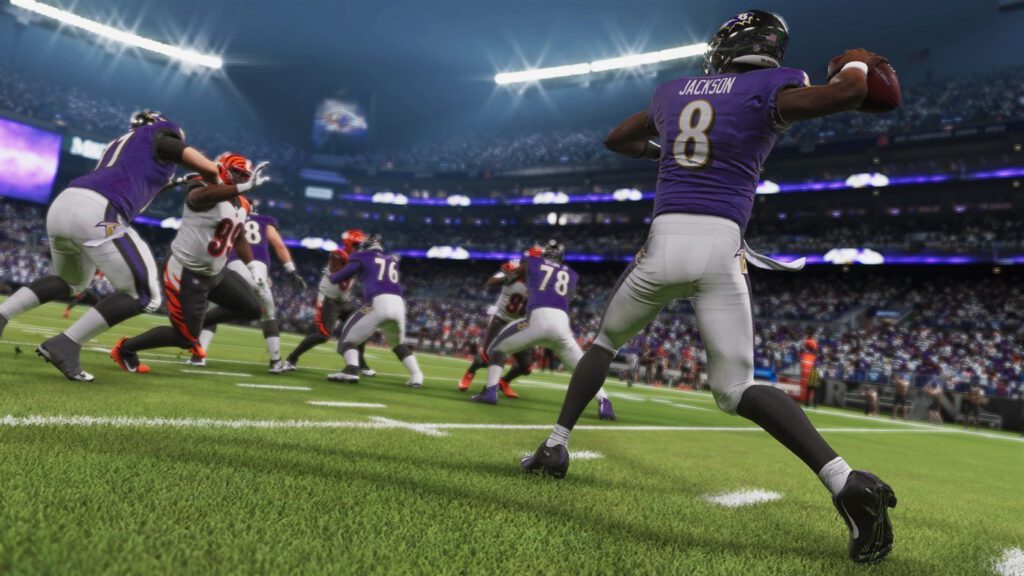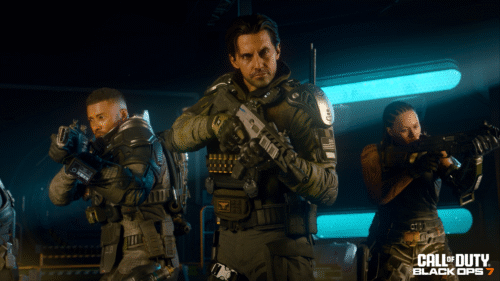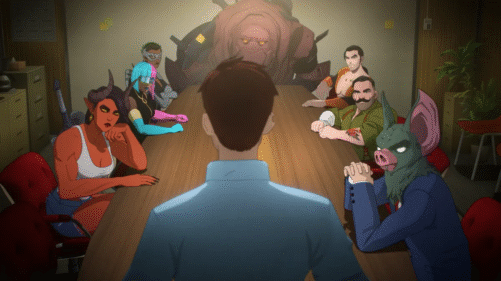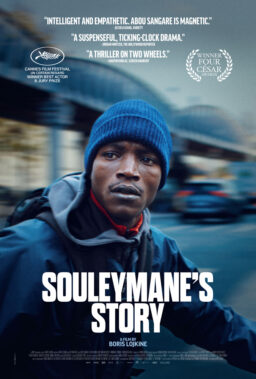Most of the games we write about at RogerEbert.com could be called “cinematic.” The idea has always been to examine where the art forms we cover more like film and television intersect with the world of gaming, one that has had a great influence over cinema and vice versa. However, some of the most popular gaming franchises in history have fewer cinematic roots, attempting to replicate the reality of watching and playing sports instead. They’re simulators more than stories. And sports games usually top this field. With the state of the world being what it is in 2020, I wondered if sports games would play differently this year. With the NBA Playoffs taking place in a bubble in Florida and NFL stadiums largely empty, would their simulated counterparts feel different? And with kids unable to go to the basketball court or join team sports in much of the country, would there be an aspect of the virtual experience that felt like an escape more than ever? I decided to look at four very different sports games, including the latest iterations of two of the best franchises in virtual sports history, to try and test this theory.
Ultimately, these games did provide what I think most people still seek when they pick up a controller: an escape from reality. As you would expect, none of these games directly reflect the pandemic. You can’t play “NBA 2K21” in the Orlando setting with the virtual crowd (although it might be kind of neat if you could). In fact, the only fingerprints of COVID-19 on these games was a sense that the final stages of their development may have been more bare-bones than in a typical year. I’ve been playing “Madden NFL” games for half of my life now and I’ve never played a version that was as flat-out broken as this one when it was first released. It’s been patched since then (including a major one just this week), but bugs and glitches remain that shouldn’t be there in a major release in 2020. (I had one game with literally no yard lines, just a field of green.) One has to believe that these kind of flaws would have been ironed out with a more complete staff working without COVID shutdowns. Although a sense that “Madden NFL 21” was rushed pervades even if it wasn’t buggy. It feels like the final game of a major franchise for a console—the next “Madden” will be on the PS5 too. Not much has been done in terms of gameplay development and it really feels almost identical to the last edition.

“NBA 2K21” has a similar been-there-done-that feeling, also likely a product of this generation of consoles ending for Microsoft and Sony, although sports games have increasingly felt like they plateaued over the last four or five years. Each version slightly refines gameplay, player models, competitive balance, etc., but there hasn’t been a groundbreaking sports game in years. Having said that, the “NBA 2K” games are still the gold standard for me in terms of smoothness and depth of gameplay. This year’s iteration is almost identical to the last one, down to the same modes and flow of the game. Again, it kind of feels like any major leap forward that’s going to happen in this series is going to wait for the next PlayStation or Xbox. Still, if you want to keep the NBA magic going after the playoffs are over and until the figure out what the heck they’re going to do for next season, this is the best way to do it.

The funny thing about this little sports game experiment was that the best game I played recently that could qualify is an old game, a remastered pair of games actually, ones that helped make a skateboarding star into a household name. “Tony Hawk’s Pro Skater” was released for the PlayStation way back in 1999, and its sequel landed just a year later. These games were massive for their era, creating an entire franchise of skate-based games that lasted for years. Earlier this month, Vicarious Visions remastered the first two games for the PS4 and XOne and they don’t show any of their age, playing like they could easily come out today. In fact, they reminded me how hard these games can be with complex button combinations to nail just the right trick at just the right time. There’s a certain irony in the best sports game of the season being one in which you ride around by yourself, entirely social distanced from the world around you. If only Tony was wearing a mask too.

Finally, I sampled a few rounds of “PGA Tour 2K21” to remind myself how bad I am at golf games. The PGA was one of the first sports back after the nationwide shutdown of everything fun, inherently safer than most sports by virtue of being a solo game. And, to be honest, one feels the weight of the pandemic less playing “PGA Tour 2K21” than any of the other three games. The NBA and the NFL just feel different this year—the PGA doesn’t really. And that extends to the virtual experience too. Like most major golf games, “PGA Tour” is designed to be a simulator, a way to experience golf courses that the player can’t travel to and probably couldn’t afford if they could, and it’s detailed in its replication. Very customizable in terms of difficulty, it’s a refined sports game experience. If you can’t travel to your favorite golf course this year, it’s the next best thing.
So what does all this mean? I think we’re all wondering how much we should address the fact that movies, television, and even video games don’t exist in a vacuum. How we approach them is going to be impacted by the tragedies of 2020. And yet these four games didn’t feel quite as strange or even quite as uplifting as I thought they might. I thought it might be eerie to play sports games in a world where my kids can’t play actual sports, but that feeling fades quickly. I also thought it might be more of an adrenalin rush than normal because of the lack of true escapism through sports in 2020. That’s not really true either. I’ll revisit all four of these games over the next few months, and I’ll be reminded that 2020 has been a weird year for sports, but kind of a routine one for sports video games.












